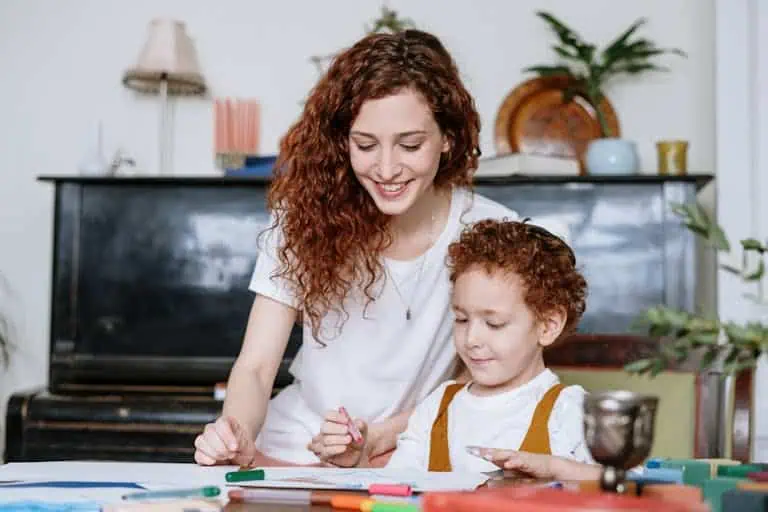The Impact of Parental Separation on Children: Understanding the Effects and Supporting Your Child
Parental separation is one of the most challenging experiences a child can face. Whether it’s due to divorce, a breakup, or other circumstances, the effects of this separation can be profound and long-lasting. In this blog post, we will explore the impact of parental separation on children, discuss how it affects their emotional and mental well-being, and offer some practical tips for supporting your child through this difficult time.
What Happens to a Child When Parents Separate?
When parents decide to separate, it can feel like the ground is shifting beneath a child’s feet. Suddenly, the world they knew changes dramatically. This can lead to a range of emotions, including confusion, anger, sadness, and anxiety. Each child is different, and their reactions may vary depending on their age, personality, and the circumstances of the separation.
Emotional Effects
One of the most immediate impacts of parental separation on children is emotional distress. Children may feel a sense of loss as they adjust to a new reality. They might worry about their future, their relationship with each parent, and how the separation will affect their daily life. It’s not uncommon for children to experience feelings of abandonment or blame themselves for the situation.
Behavioral Changes
The emotional turmoil of parental separation can also lead to noticeable changes in a child’s behavior. Some children might become withdrawn, while others may act out or display aggression. These behavioral changes are often a cry for help, a way for the child to express their confusion and pain.
Academic Impact
The stress and anxiety caused by parental separation can affect a child’s academic performance. Concentration becomes more difficult, and they may lose interest in school activities. It’s important to be aware of these potential changes and offer support, both emotionally and academically.
Long-Term Effects
The effects of parental separation can extend well into adulthood. Research has shown that children of separated parents are more likely to experience issues in their own relationships, struggle with self-esteem, and have a higher risk of mental health problems. However, with the right support, these long-term effects can be mitigated.
How to Support Your Child Through Parental Separation
As a parent, it’s natural to want to shield your child from the pain of separation. While you can’t eliminate the impact entirely, there are steps you can take to help your child navigate this challenging time.
Open Communication
One of the most important things you can do is to maintain open lines of communication with your child. Encourage them to express their feelings and reassure them that their emotions are valid. Be honest with your child about the situation, but do so in an age-appropriate way. Let them know that the separation is not their fault and that both parents still love them.
Provide Stability
Children thrive on routine and stability, which can be disrupted by parental separation. Try to maintain as much consistency as possible in their daily life. This could include keeping the same bedtime routine, continuing extracurricular activities, and ensuring they have regular contact with both parents.
Seek Professional Support
Sometimes, a child may need more help than a parent can provide on their own. If you notice signs of severe anxiety, depression, or behavioral issues, consider seeking the help of a counselor or therapist who specializes in children and family dynamics. Professional support can give your child a safe space to process their emotions.
Encourage Healthy Relationships
It’s crucial to encourage a positive relationship between your child and both parents. Avoid speaking negatively about your ex-partner in front of your child, as this can create additional stress and confusion. Instead, focus on fostering a supportive environment where your child feels loved and secure.
Be Patient and Understanding
Healing takes time, and every child will cope with parental separation at their own pace. Be patient and understanding as they work through their feelings. Keep in mind that setbacks are normal, and your child may need extra reassurance during this period.
Final Thoughts
Parental separation is never easy, but understanding its effects on children and taking proactive steps to support them can make a significant difference. By maintaining open communication, providing stability, seeking professional support when necessary, and encouraging healthy relationships, you can help your child navigate this challenging time and emerge resilient and strong.
If you found this post helpful, please share it with others who may be going through a similar situation. Remember, you are not alone, and there are resources and support available to help you and your child through this journey.








